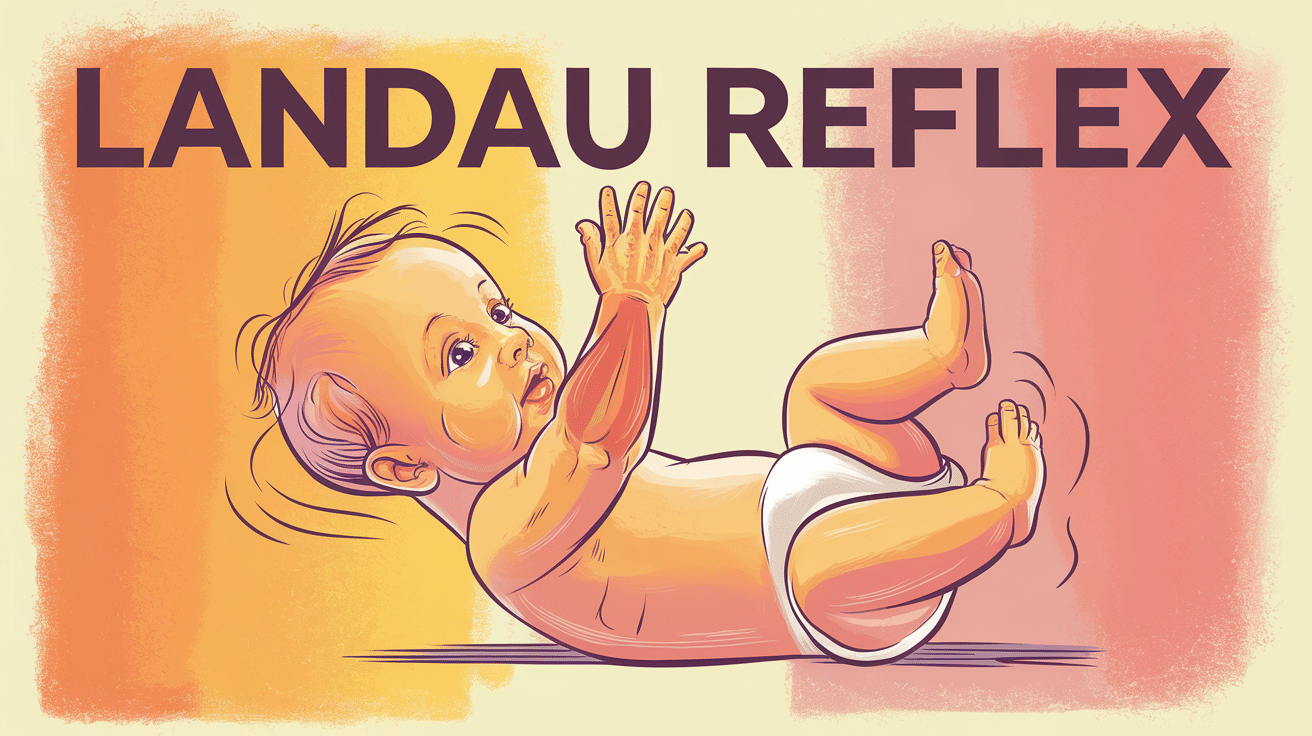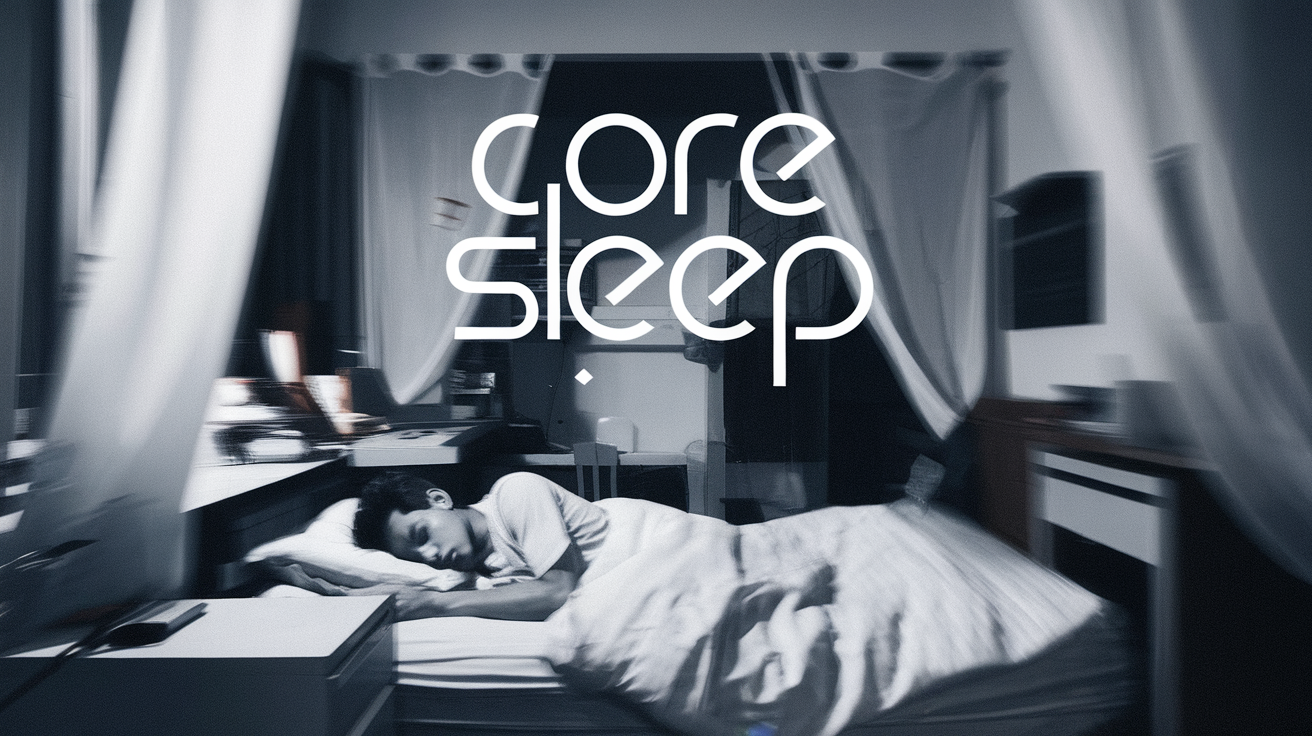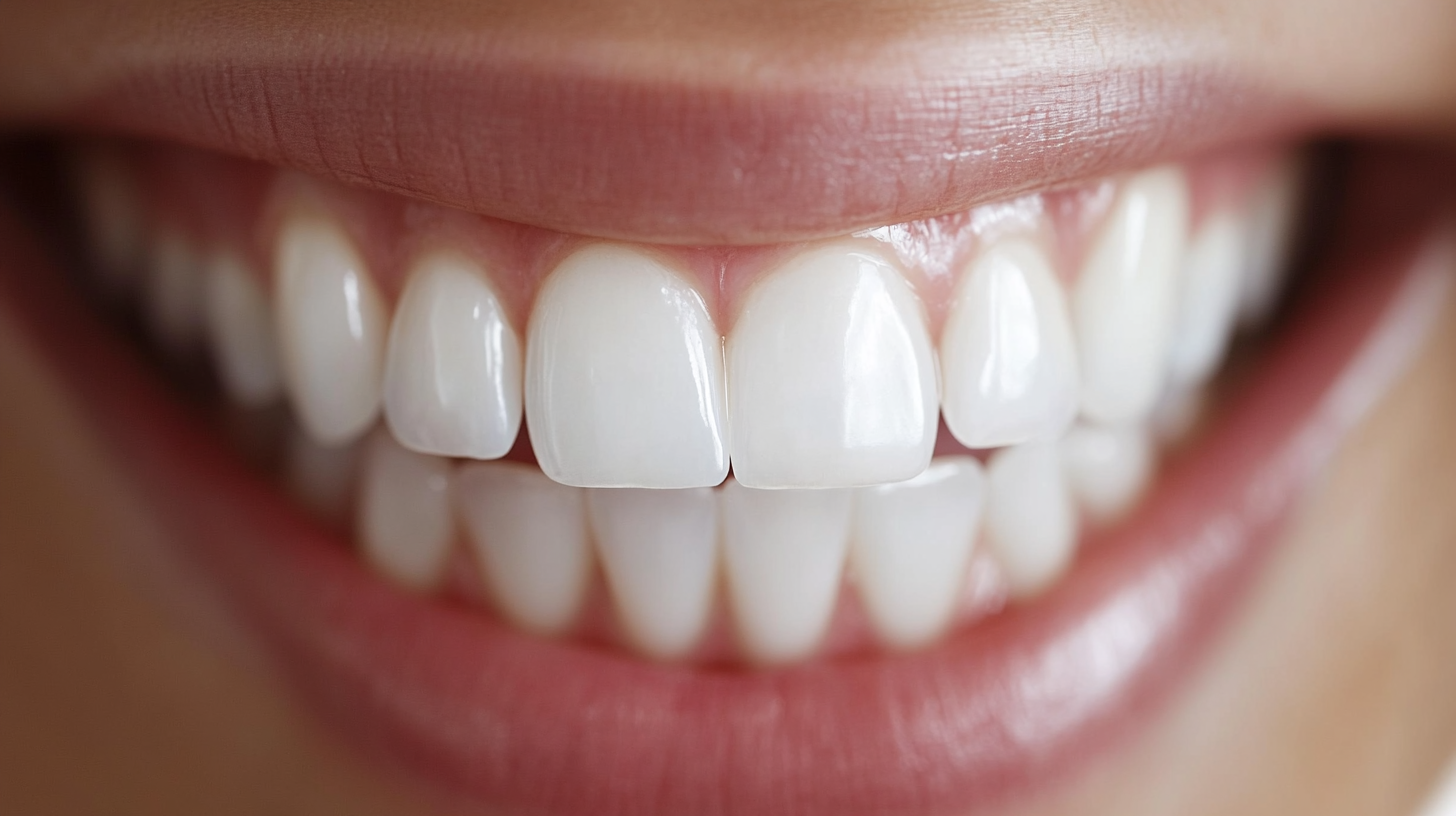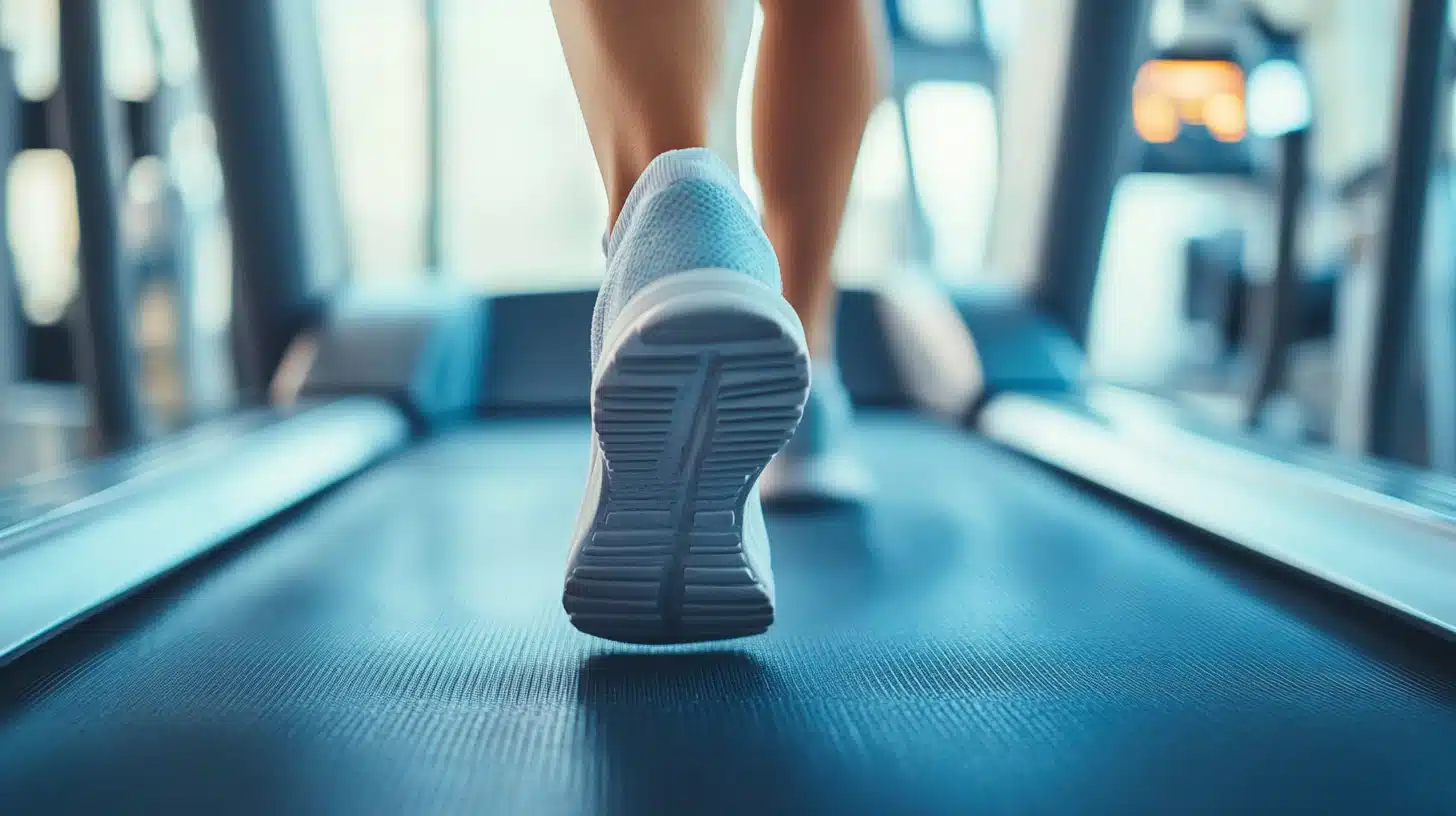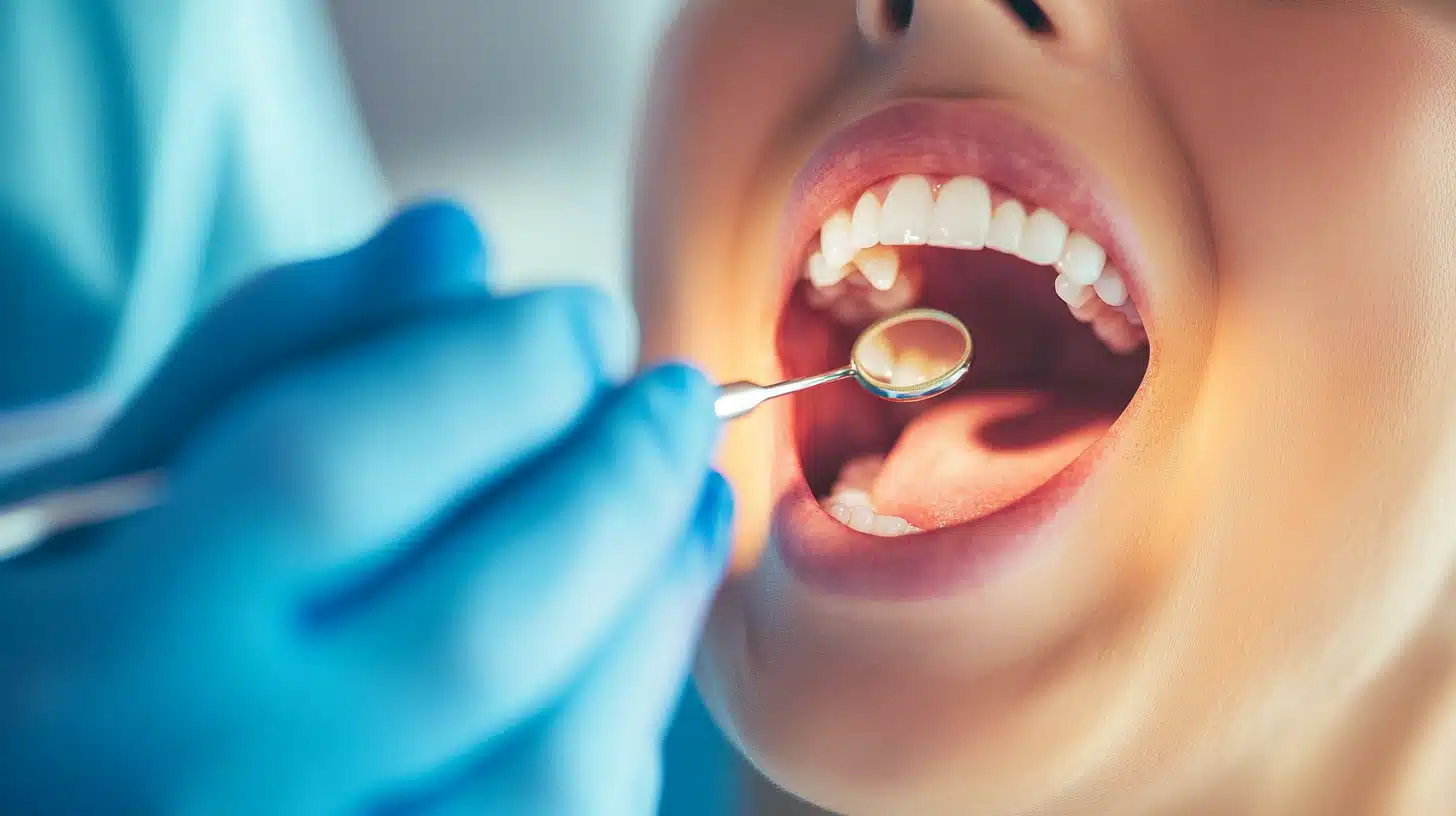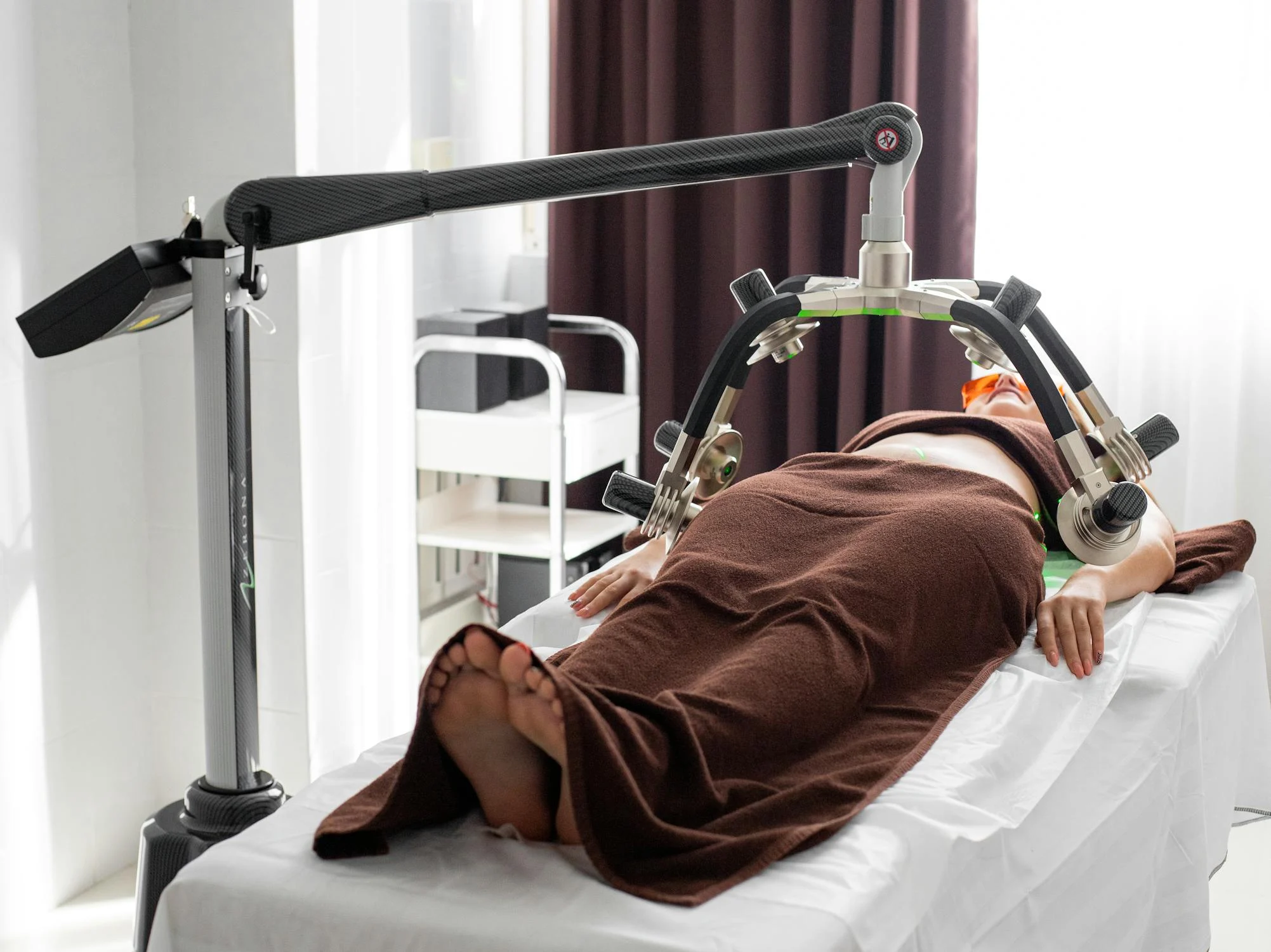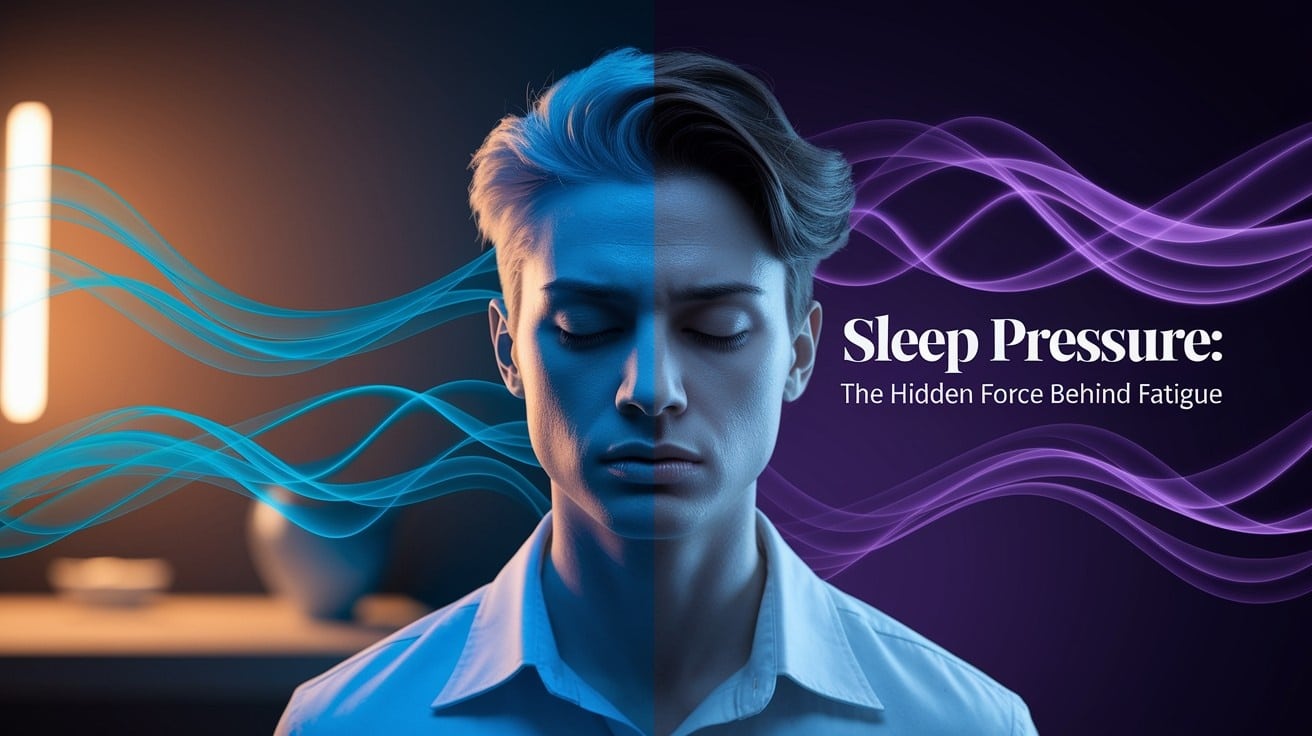
Ever fought to keep your eyes open during an afternoon meeting, despite getting what you thought was a full night’s sleep? You’re experiencing sleep pressure—your body’s biological alarm system is telling you it’s time to power down.
Your brain tracks wakefulness by accumulating adenosine molecules—tiny chemical messengers that build up hour by hour like sand in an hourglass.
The longer you stay awake, the more adenosine collects, and the stronger your urge to sleep becomes.
This invisible force works alongside your circadian rhythm to coordinate your energy levels throughout the day. But when this system goes wrong, everything from your memory to your waistline pays the price.
Understanding sleep pressure might be the key to reclaiming your energy and health.
What is Sleep Pressure?
Sleep pressure is your body’s biological drive for sleep that builds up during waking hours.
Like a water tank slowly filling throughout the day, the chemical adenosine accumulates in your brain the longer you stay awake, making you increasingly tired.
Caffeine temporarily blocks sleep pressure by preventing adenosine from binding to brain receptors, which is why coffee keeps you alert.
This natural pressure system ensures proper sleep-wake rhythms and is essential for cognitive function and overall health.
When sleep pressure reaches its peak, your body demands rest, which explains why you fall asleep faster and sleep more deeply after a particularly long day.
How Does Sleep Pressure Work?
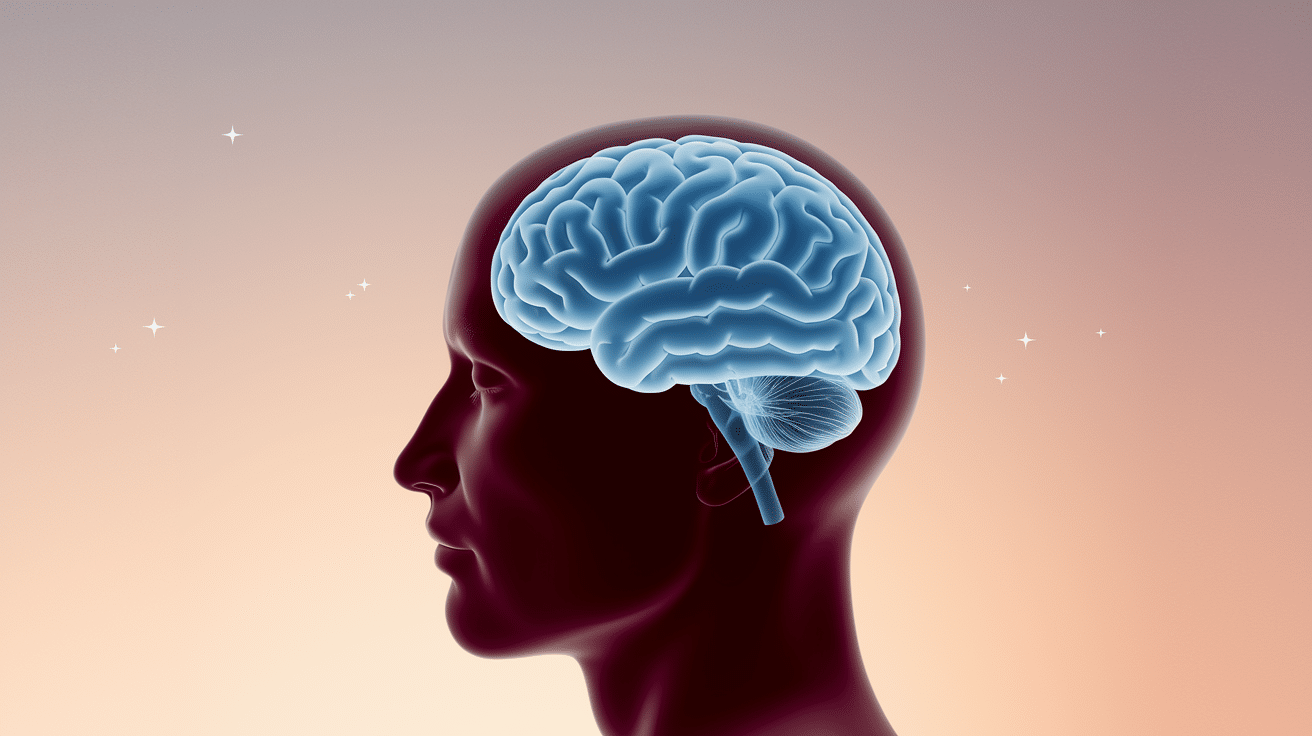
Have you ever had a cup of coffee to stay awake? Coffee works because it blocks a chemical in your brain called adenosine.
The Adenosine Build-Up
Adenosine is a tiny molecule that builds up in your brain while you’re awake. It’s like sand filling up an hourglass. The more adenosine you have, the sleepier you feel.
Each hour you’re awake, more adenosine collects in your brain. When you finally sleep, your brain clears out this adenosine. That’s why you feel refreshed after a good night’s sleep!
Pro Tip: Caffeine in coffee, tea, and soda temporarily blocks adenosine from making you feel sleepy. But it doesn’t stop adenosine from building up! When the caffeine wears off, all that built-up adenosine hits you at once – causing a “crash”.
The Two-Process Sleep System
Your body actually has two systems that work together to control your sleep:
- Sleep pressure (also called Process S) – builds up the longer you’re awake
- Circadian rhythm (also called Process C) – your body’s internal 24-hour clock
These two systems must work together for good sleep. Even if you have high sleep pressure, your circadian rhythm might keep you awake if it’s the wrong time of day. That’s why it’s hard to sleep well during the day, even if you’re tired!
But wait—have you ever thought about why some people need more sleep than others? Everyone’s sleep pressure builds at different rates. Some people naturally build up sleep pressure faster, which is why they need more sleep.
Signs You Have High Sleep Pressure

How do you know when sleep pressure is building up? Your body gives you clear signals. Let’s look at them.
Physical Signs
Your body has ways of showing you need sleep:
- You can’t stop yawning
- Your eyelids feel heavy and start drooping
- You might feel clumsy or uncoordinated
- You might have “microsleeps” – tiny moments when you fall asleep for a second or two without realizing it
These physical signs are your body’s way of saying, “Please go to sleep soon!”
Mental Signs
High sleep pressure affects your thinking too:
- You have trouble paying attention
- You can’t remember things easily
- Your reactions are slower than normal
- You make poor decisions
Have you ever noticed how much harder school or work feels when you’re tired? That’s sleep pressure affecting your brain!
Pro Tip: If you notice these signs while driving, pull over immediately! Drowsy driving can be as dangerous as drunk driving. A 20-minute power nap in a safe place can make a huge difference in alertness.
How to Manage Sleep Pressure
Now that you know what sleep pressure is, how can you use this knowledge to sleep better?
Build Good Sleep Habits
The best way to manage sleep pressure is to keep a regular sleep schedule. Going to bed and waking up at the same time every day helps your body predict when sleep will happen.
Think about it like this: if you eat meals at regular times, your body learns to get hungry at those times. Sleep works the same way! Your body will prepare for sleep if you keep a consistent schedule.
Did you know that light also plays a big role in sleep pressure? Morning sunlight helps reset your sleep clock each day. Try to get outside for 10-15 minutes each morning to help your sleep cycle stay on track.
Smart Napping
Sometimes, you need to reduce sleep pressure during the day. This is where naps come in handy!
Short naps (10-20 minutes) can refresh you without disrupting your sleep at night. These “power naps” clear out some adenosine, giving you more energy.
But be careful with long naps! If you nap too long or too late in the day, you might reduce your sleep pressure too much. This can make it hard to fall asleep at night.
Pro Tip: The ideal nap time is between 1-3 PM, when most people naturally feel a dip in alertness. Set an alarm for 20 minutes to avoid oversleeping, and you’ll wake up refreshed instead of groggy!
When Sleep Pressure Goes Wrong?

Sometimes our bodies don’t handle sleep pressure correctly.
Sleep Disorders
Some sleep problems involve issues with sleep pressure:
- Insomnia: You feel tired but can’t fall asleep or stay asleep
- Sleep apnea: Your breathing stops and starts during sleep, preventing deep sleep that clears adenosine
- Narcolepsy: Your brain can’t regulate sleep pressure properly, causing sudden sleep attacks
If you think you have a sleep disorder, it’s important to talk to a doctor. They can help you find the right treatment.
What about when we try to fight sleep pressure? We’ve all stayed up too late watching “just one more episode” or finishing an assignment.
When we push past our natural sleepiness, we enter a danger zone where our bodies try even harder to make us sleep.
Chronic Sleep Debt
When you don’t get enough sleep night after night, you build up “sleep debt.” Think of it like a credit card – you can borrow time from sleep for a while, but eventually, you have to pay it back with interest!
Signs of chronic sleep debt include:
- Feeling tired all the time, even after a full night’s sleep
- Getting sick more often
- Gaining weight more easily
- Feeling moody or irritable
- Having trouble focusing on tasks
The scary thing is that people with chronic sleep debt often don’t realize how sleep-deprived they are! They get used to feeling tired and think it’s normal.
Wrapping It Up
Sleep pressure is your body’s natural way of making sure you get enough sleep. By understanding how it works, you can work with your body instead of against it.
Sleep pressure grows stronger the longer you stay awake, with adenosine building up to make you feel sleepy. Your body sends clear signals when sleep pressure peaks, including yawning and difficulty concentrating.
Following regular sleep schedules helps manage this natural process effectively. Ignoring these signals creates sleep debt, which can lead to various health problems.
Working with your body’s natural sleep drive, rather than fighting it, is key to maintaining good sleep health.
So next time you feel your eyelids getting heavy or catch yourself yawning, remember – that’s your body’s wisdom at work, telling you exactly what you need!
If you’re interested in more informational content on health and wellness, feel free toclick here and study other blogs that you might enjoy.

